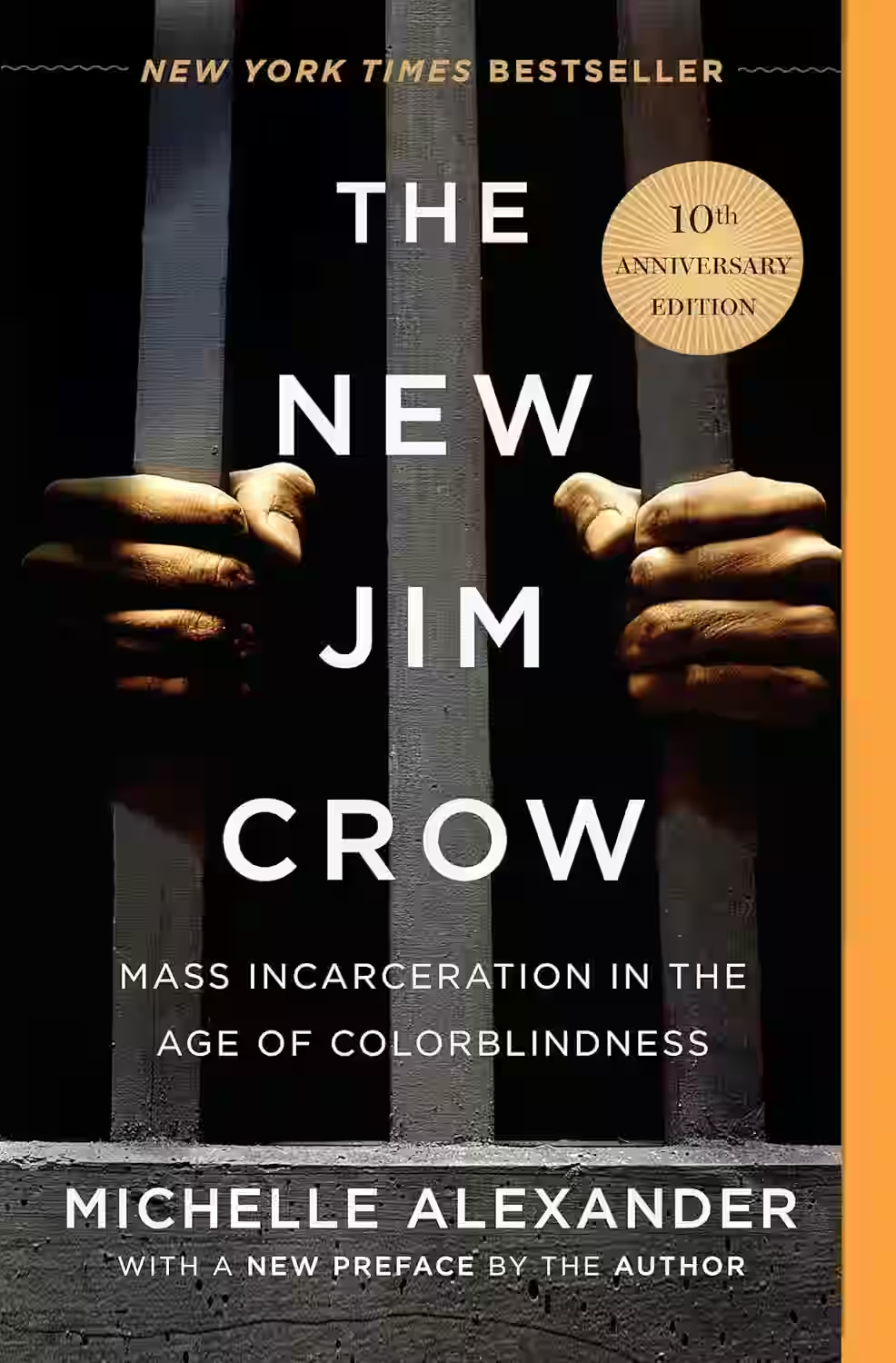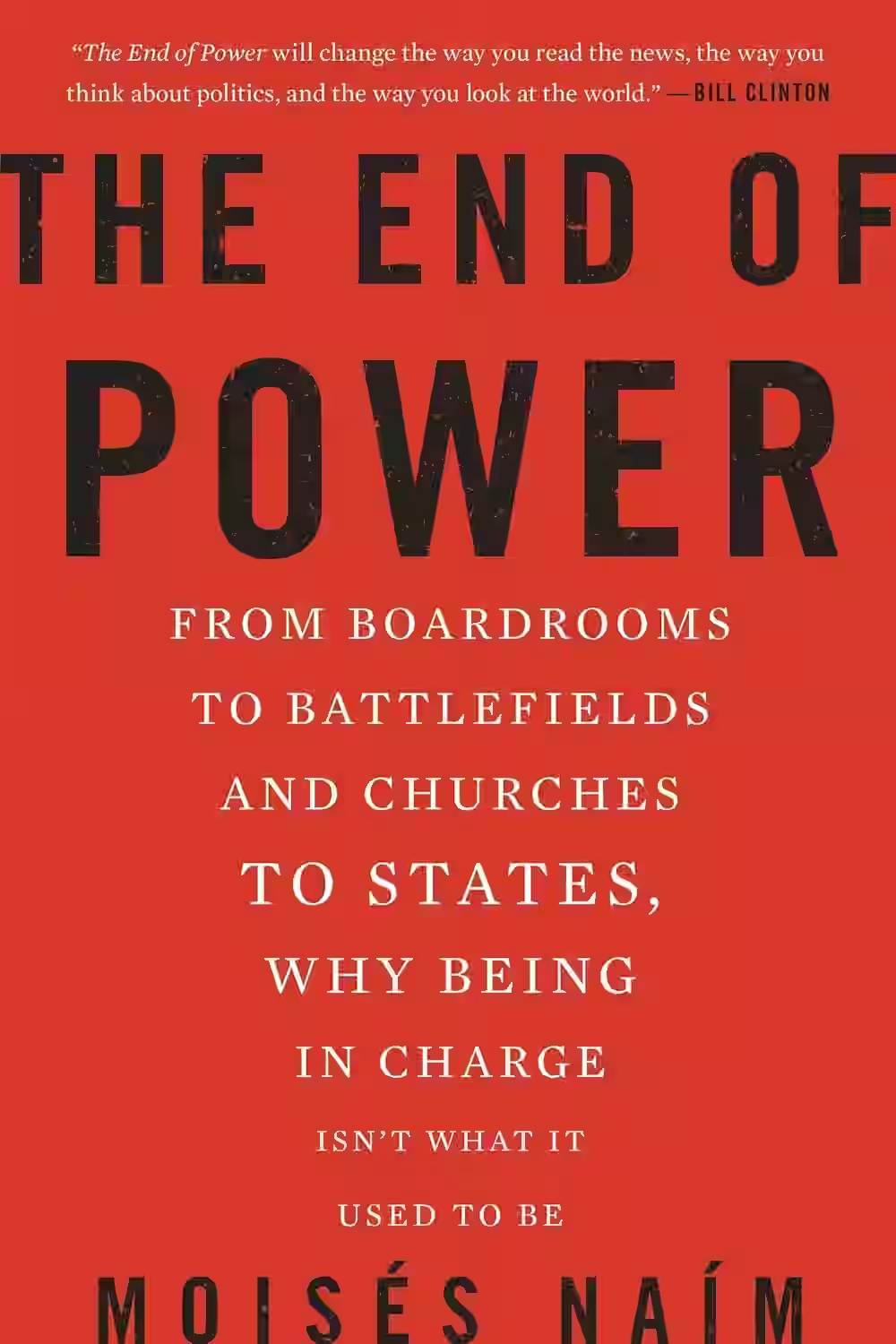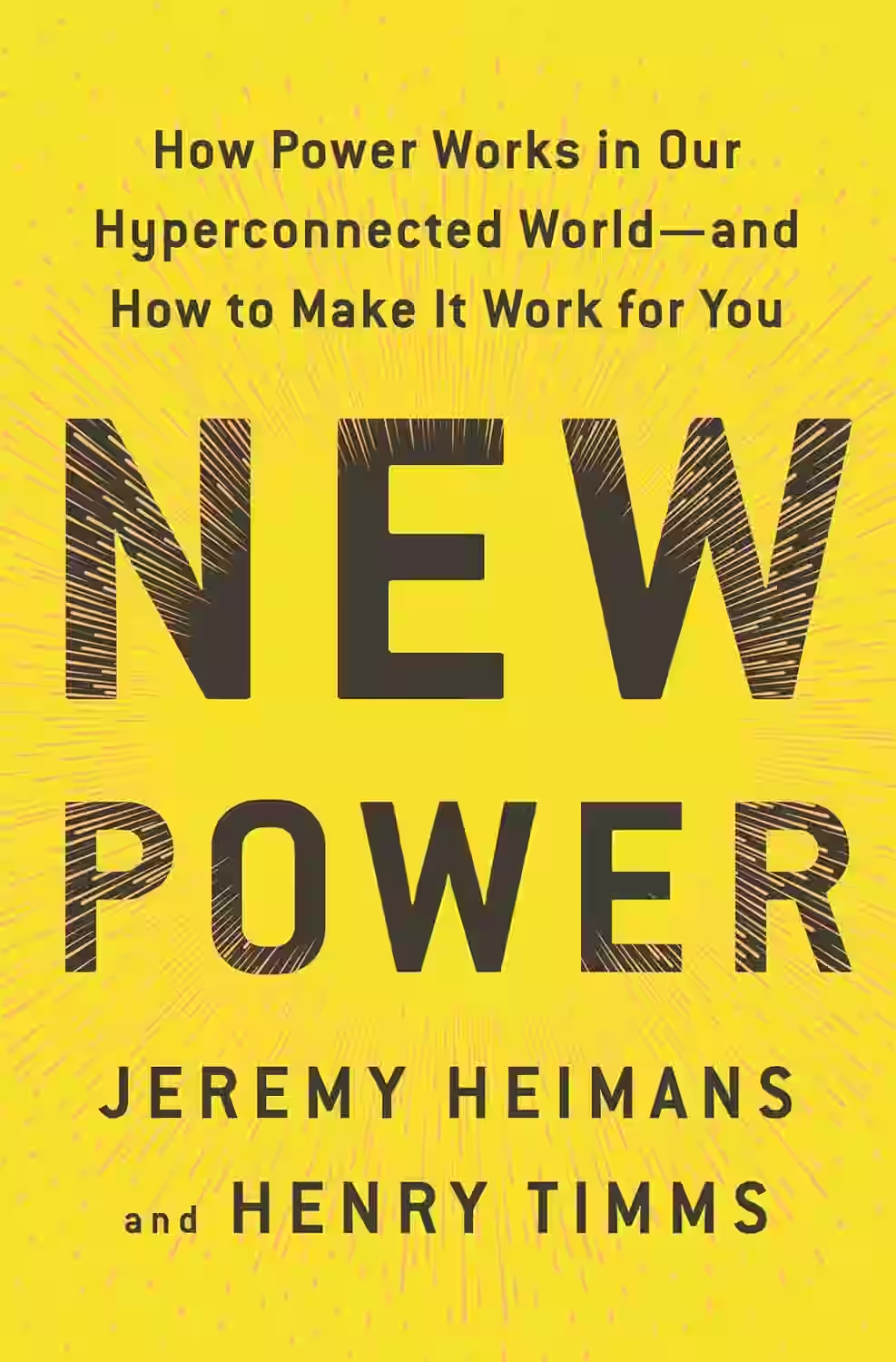
In 'Evicted: Poverty and Profit in the American City,' Matthew Desmond offers a poignant and eye-opening exploration of the devastating impacts of eviction on the lives of the urban poor in America. Through intimate narratives of individuals struggling to keep a roof over their heads, Desmond shines a light on the systemic issues of poverty, housing insecurity, and institutional neglect. This meticulously researched book delves into the complex web of relationships between landlords and tenants, revealing the harsh realities faced by those living on the margins. Desmond's writing is powerful, compassionate, and thought-provoking, challenging readers to confront the inherent injustices of our housing system.
About Matthew Desmond
Matthew Desmond is a sociologist and Pulitzer Prize-winning author renowned for his work on poverty, housing, and inequality in America. A professor at Princeton University, he gained national attention with Evicted: Poverty and Profit in the American City, which revealed the devastating impact of eviction on low-income families. His follow-up, Poverty, by America, challenges the systemic causes of poverty and examines how wealthier Americans unknowingly perpetuate it. Desmond combines academic rigor with immersive storytelling, making complex social issues accessible to general audiences. His work advocates for structural reform and justice for those living on the margins of society.
Other Books by Matthew Desmond

Poverty, by America
Pulitzer Prize-winning sociologist Matthew Desmond examines why poverty persists in one of the world’s wealthiest nations. Drawing on extensive research, Poverty, by America argues that the United States maintains poverty through policies and choices that benefit the affluent at the expense of the poor. Desmond reveals how housing, wages, taxation, and welfare systems are structured to keep millions in hardship while others profit. The book is a passionate call for systemic reform, challenging readers to rethink their complicity in economic inequality and to imagine a society rooted in justice, dignity, and shared prosperity for all.
Similar Books

The New Jim Crow: Mass Incarceration in the Age of Colorblindness
In 'The New Jim Crow: Mass Incarceration in the Age of Colorblindness' by Michelle Alexander, readers are confronted with a powerful and meticulously researched examination of the US criminal justice system. Alexander eloquently argues that America's mass incarceration policies have perpetuated a racial caste system akin to the Jim Crow laws of the past, disproportionately affecting Black and Brown communities. Through compelling narratives and sobering statistics, she sheds light on the systemic inequalities, racial profiling, and biases that perpetuate this modern-day form of oppression. This book challenges readers to critically examine the intersection of race, justice, and society, making it an essential read for anyone seeking to understand and address issues of racial injustice in America.

Rational Ritual
Rational Ritual explores how rituals—from presidential inaugurations to sports events—create common knowledge, a shared awareness that everyone knows everyone knows. Chwe, a game theorist, argues that these shared experiences are vital for coordination in society. By applying game theory to cultural rituals, he sheds light on why such practices persist and how they help societies function. The book offers unique insights into advertising, politics, and social networks. Zuckerberg recommended Rational Ritual for its relevance to online platforms, where creating and managing shared experiences is key. It’s an intellectually stimulating read for anyone interested in the intersection of culture and logic.

The End of Power
by Moisés Naím
Naím explores a global shift in how power is acquired, wielded, and lost. He argues that power is becoming more widespread but harder to maintain, as traditional institutions lose influence to smaller players and individuals. Through examples in politics, business, military, and religion, Naím shows how the erosion of hierarchy and the democratization of influence are reshaping society. This book challenges assumptions about leadership and authority in the 21st century. As the inaugural selection for Mark Zuckerberg’s book club, The End of Power offers a thought-provoking look at the fragmentation and volatility of modern power structures.

New Power: How Power Works in Our Hyperconnected World
by Jeremy Heimans, Henry Timms
New Power explores how influence, leadership, and engagement have evolved in the digital age. The authors contrast "old power"—top-down, closed, and leader-driven—with "new power"—open, participatory, and crowd-sourced. Through case studies like #MeToo, Airbnb, and TED, they show how modern movements and brands leverage community and transparency. The book offers tools for leaders, activists, and entrepreneurs to harness this shift effectively. Branson and other innovators have praised New Power for its relevance in today’s hyperconnected world, where collaboration and authenticity often matter more than hierarchy or control.